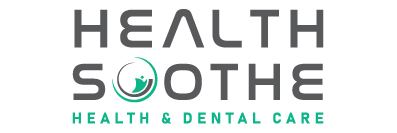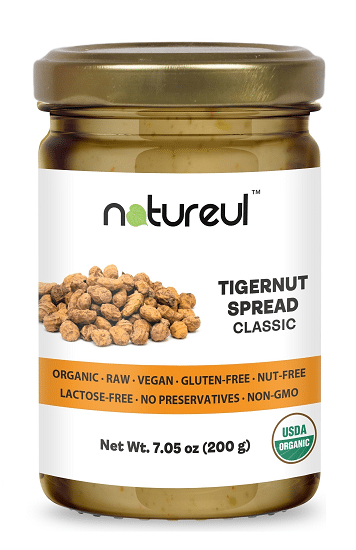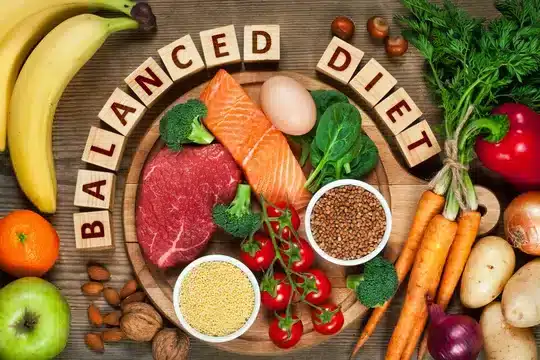It is difficult to find exclusively fatty foods in Nigeria. unlike other parts of the world, Africa, and Nigeria has limited food choices due to the bad economic development and inaccessibility to the food options that are available in other parts of the world.
Quick Facts About Fats
Generally, when you make an internet search for Nigerian foods, you will come across a lot of foods that provide carbohydrates to the body, and some that provide proteins. However, it is difficult to find a list of fatty Nigerian foods, that is not to say there aren’t. in fact, some of the foods that provide us with other nutrients are quite high in fats as well.
Fats have been labelled as bad for quite some time now, and it is common to hear people go on about how you shouldn’t eat fatty foods. However, science has proven that not all fat is bad as we will see soon.
In this article, you will know the importance of fat in your diet, how much fat you’re supposed to consume, the fatty foods in Nigeria and how much fats these foods contain.
Understanding Fats and Why you need them.
The foods we eat provide our body with different forms of nutrient, one of them being fats. Doctors, once upon a time, advised against eating foods that contain fats because they put us at a higher risk of getting heart diseases and diabetes. However, recent studies have shown that not all fats are bad. In fact, the body needs some fats from the food we eat as it cannot produce such on its own.
Fats are the class of food that when consumed and digested in the body produce abundant energy for the body’s use. When it is in excess, they are stored as fatty acid in specialized cells– elementary science. These fats are essential sources of energy for the body as they are stored as an energy for when there will be shortage of energy. Interestingly, not only fatty foods are stored on digestion and storage. Carbohydrates which when digested is broken down to become glucose is also stored as glycogen when the body has more than the needed glucose at that time.
The fatty acids can be converted to serve as a source of energy for the body when the need arises.
Fats have been given a bad name because of the issue that arises from continuously storing fats – which the body does well – and later causing obesity, diabetes, cardiovascular problems. However, not all fats cause this. While some fats should be avoided, some can be consumed moderately and others are needed.
Types of fats in Fatty Foods in Nigeria
Fats is of the same nature all over the world. Generally, the good fats are liquid at room temperature – think of vegetable oils – while the bad fats are solid at room temperature – like butter and margarine. The good and bad fats are the broadest classification of fats and just as you must have deduced, the good ones are safe to consume.
Fatty foods in Nigeria and everywhere else contain both good and bad fats but in different proportions, therefore it is advisable to consume food items that contain more healthy fats. The types of bad fats are saturated fats and trans fat.
Saturated fat
These fats are the fats that are solid at room temperature, for example, fat cuts from pork and beef. They are also present in palm oil, coconut oil, cheese and ice cream. They are a type of bad fat but can be consumed sparingly because they cause an increase in blood bad cholesterol (LDL).
Trans fat
Trans fat is the other type of bad fat that should be avoided when possible. They are present in processed snacks, margarine, and fried foods
Trans fats are found in food that contain incomplete hydrogenated vegetable oils. That is why they are present in all fried foods.
They increase the amount of blood bad cholesterol (LDL) and decrease the amount of blood good cholesterol (HDL).
The good fats, as we’ve stated earlier are liquid at room temperature, and they are:
Monounsaturated fat
These are the types of fat that help to increase the good blood cholesterol. They are present in many foods such as nuts, vegetable oils, and some fruits.
They help to guard against the occurrence of cardiovascular diseases.
Unsaturated fat
This is another healthy fat. They are the essential fats needed by the body but cannot be produced by the body. these fats are mostly plant-based - although omega-3 fatty acids are mostly found in fishes – and they help to improve heart health.
Fatty Foods in Nigeria
Here is a table showing a list of fatty foods in Nigeria and how much good and bad fats they contain.
| Food Item | Saturated fat | Monounsaturated fat | Polyunsaturated fat |
| Palm Oil | 51 | 39 | 10 |
| Coconut Oil | 87 | 13 | 00 |
| Groundnut | 17 | 46 | 32 |
| Whole Milk | 62 | 28 | 04 |
| Pork | 35 | 44 | 08 |
| Chicken | 34 | 23 | 30 |
| Beef | 33 | 38 | 05 |
| Pizza | 41 | 32 | 20 |
| Turkey | 30 | 20 | 30 |
| Walnut | 09 | 23 | 63 |
| Soybeans | 14 | 22 | 57 |
| Avocado | 16 | 71 | 13 |
| Egg Yolk Fat | 36 | 44 | 16 |
| Butter | 66 | 30 | 04 |
The table shows that meats, important sources of protein in Nigeria are also sources of all types of fat; saturated and unsaturated. Cooking oils such as palm oil also contains a high amount of saturated fat as does butter, coconut oil and whole milk.
Although all the foods have both good and bad fats, it is important that you know what the fat content of your food of choice is.
Conclusion
Fats is as important a nutrient as carbohydrates and proteins. In fact, it supplies a tremendous amount of energy to the body cannot be left out of our diet. Fatty foods in Nigeria provide us with essential fats that the body needs - omega-3 and omega-6 fatty acids – but it cannot produce on its own.
It is therefore important to know that both good and bad fats are present in these fatty foods in Nigeria and they will all be consumed. Despite this, they should be consumed in moderation to avoid build-up of bad blood cholesterol that may lead to cardiovascular diseases, diabetes, and obesity.
However, abstain from consuming trans fat as much as possible.
The information presented on this website is not intended as specific medical advice and is not a substitute for professional treatment or diagnosis. These statements have not been evaluated by the Food and Drug Administration. This product is not intended to diagnose, treat, cure, or prevent any disease.



